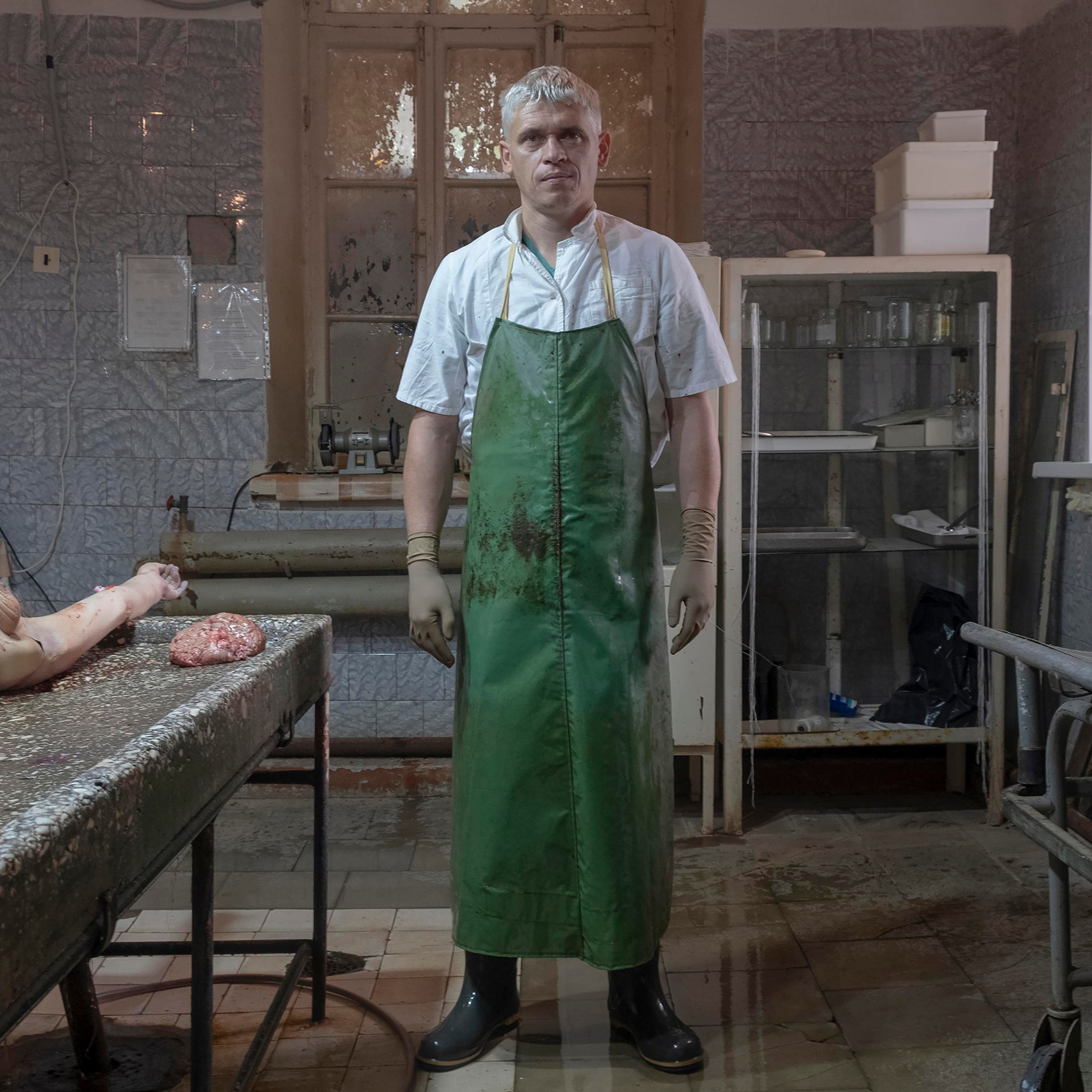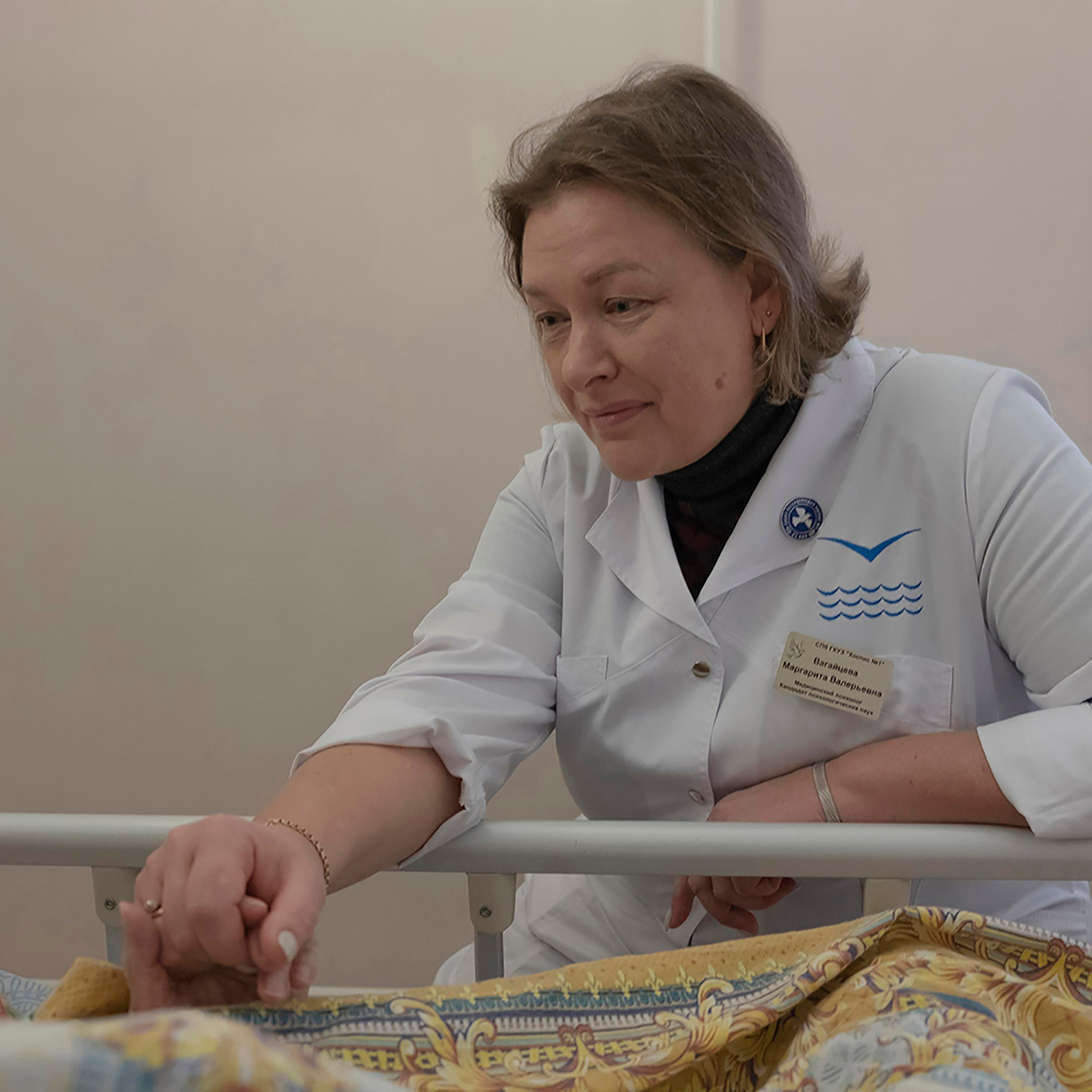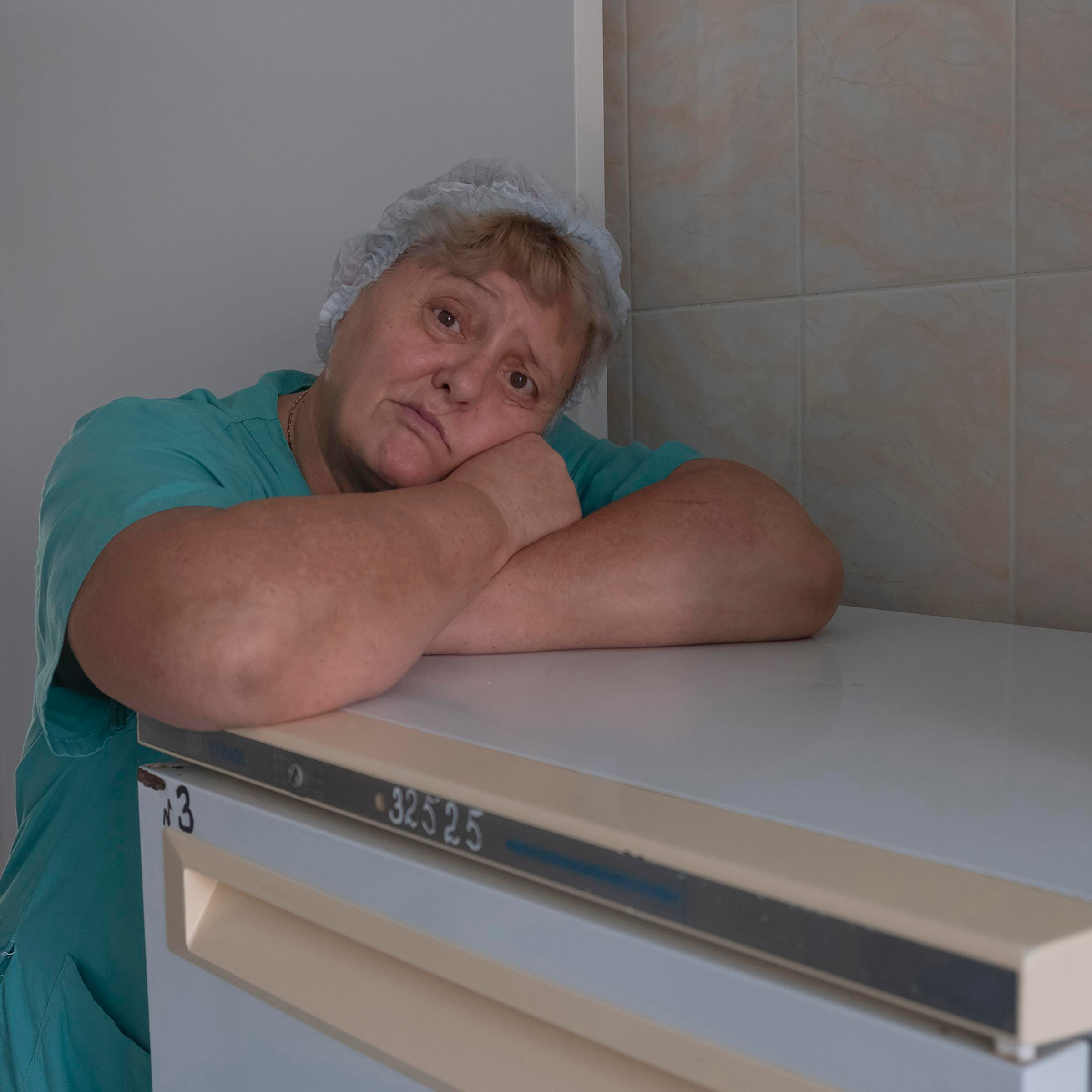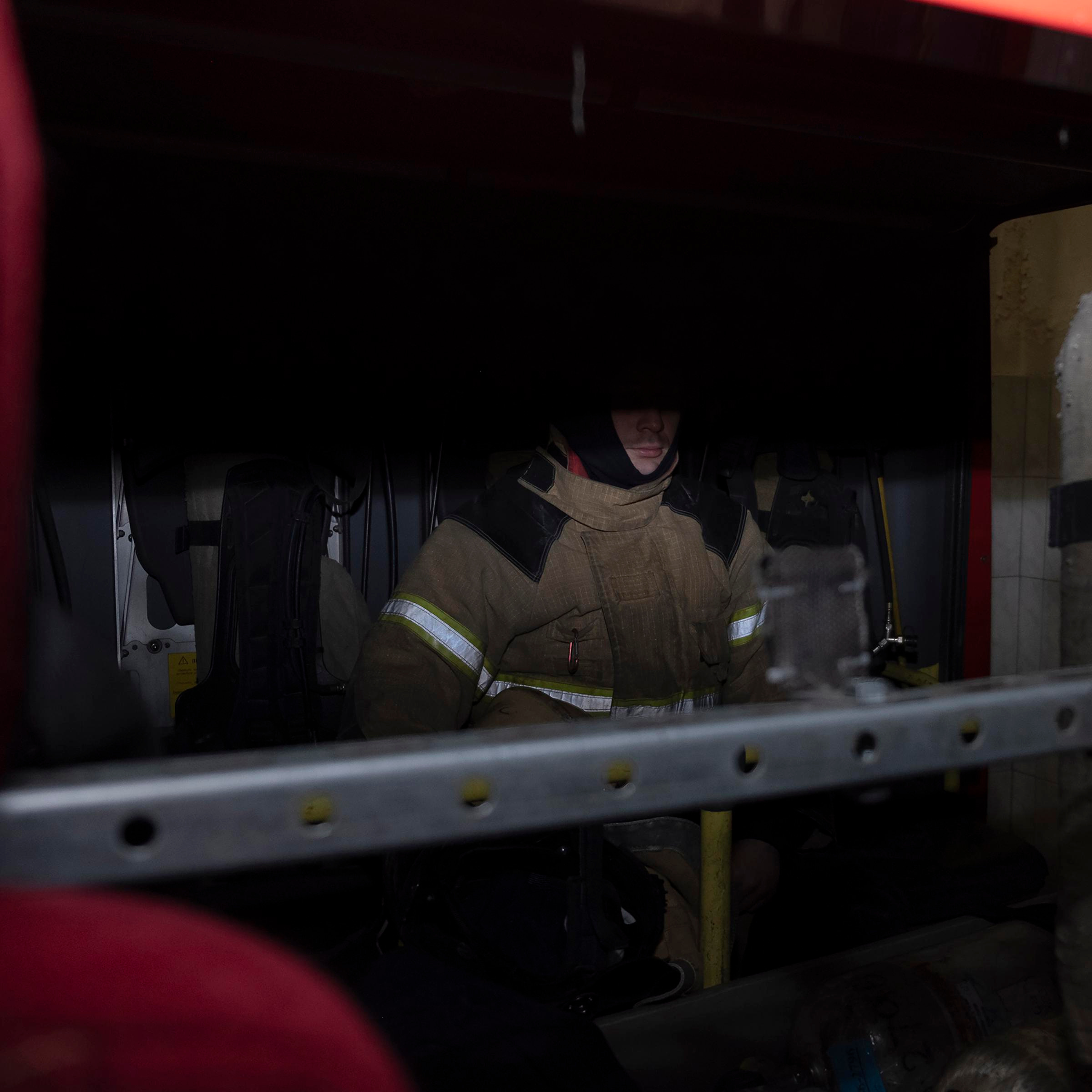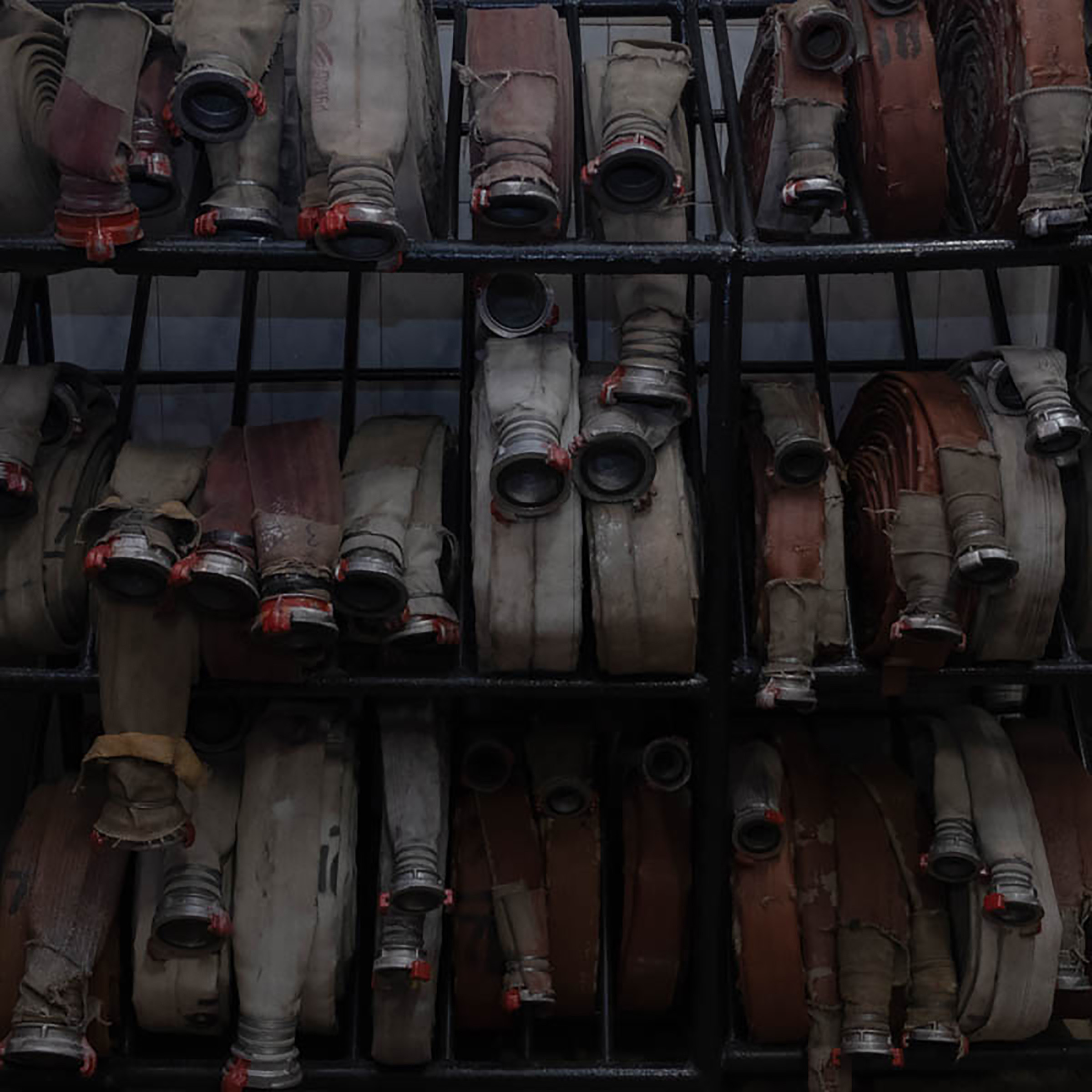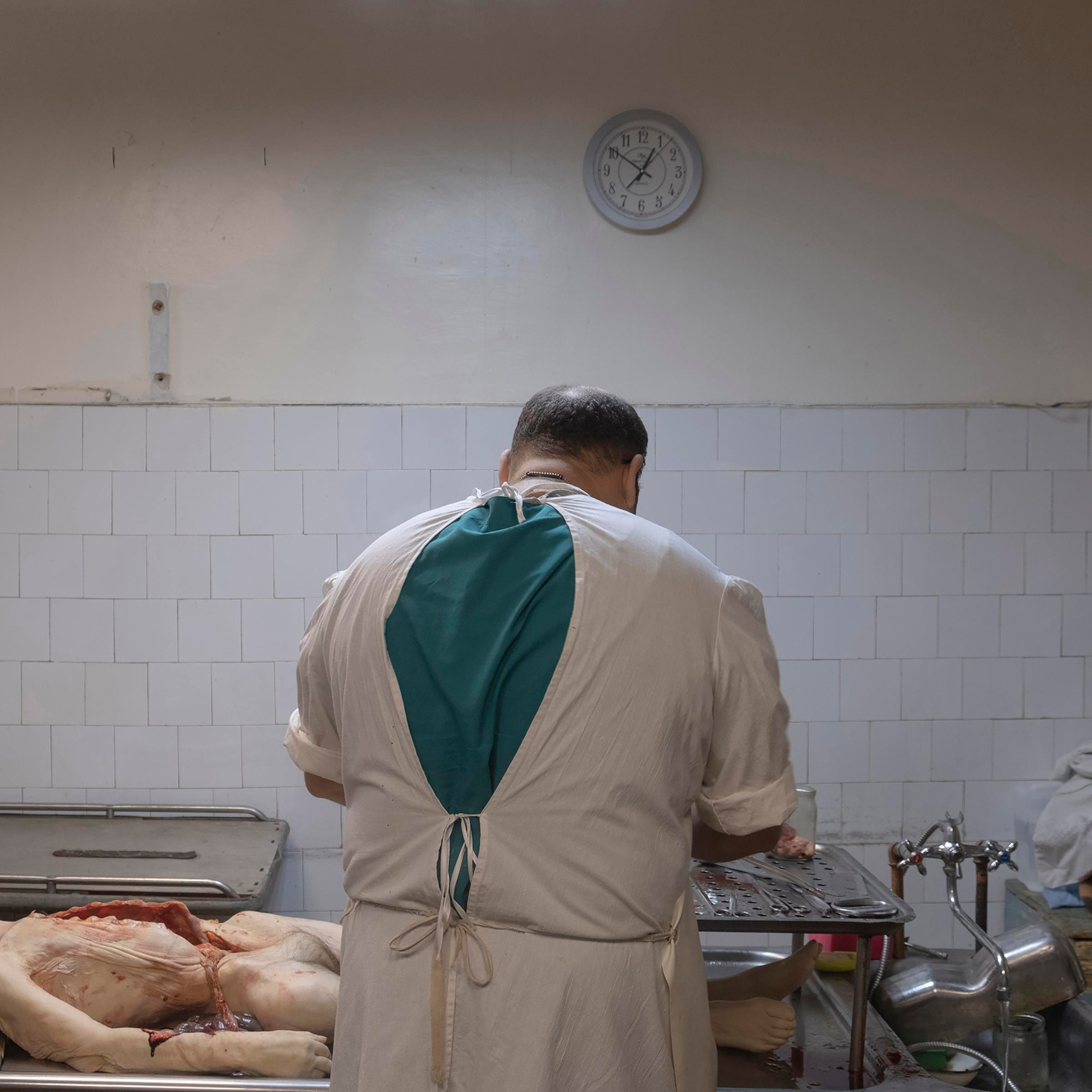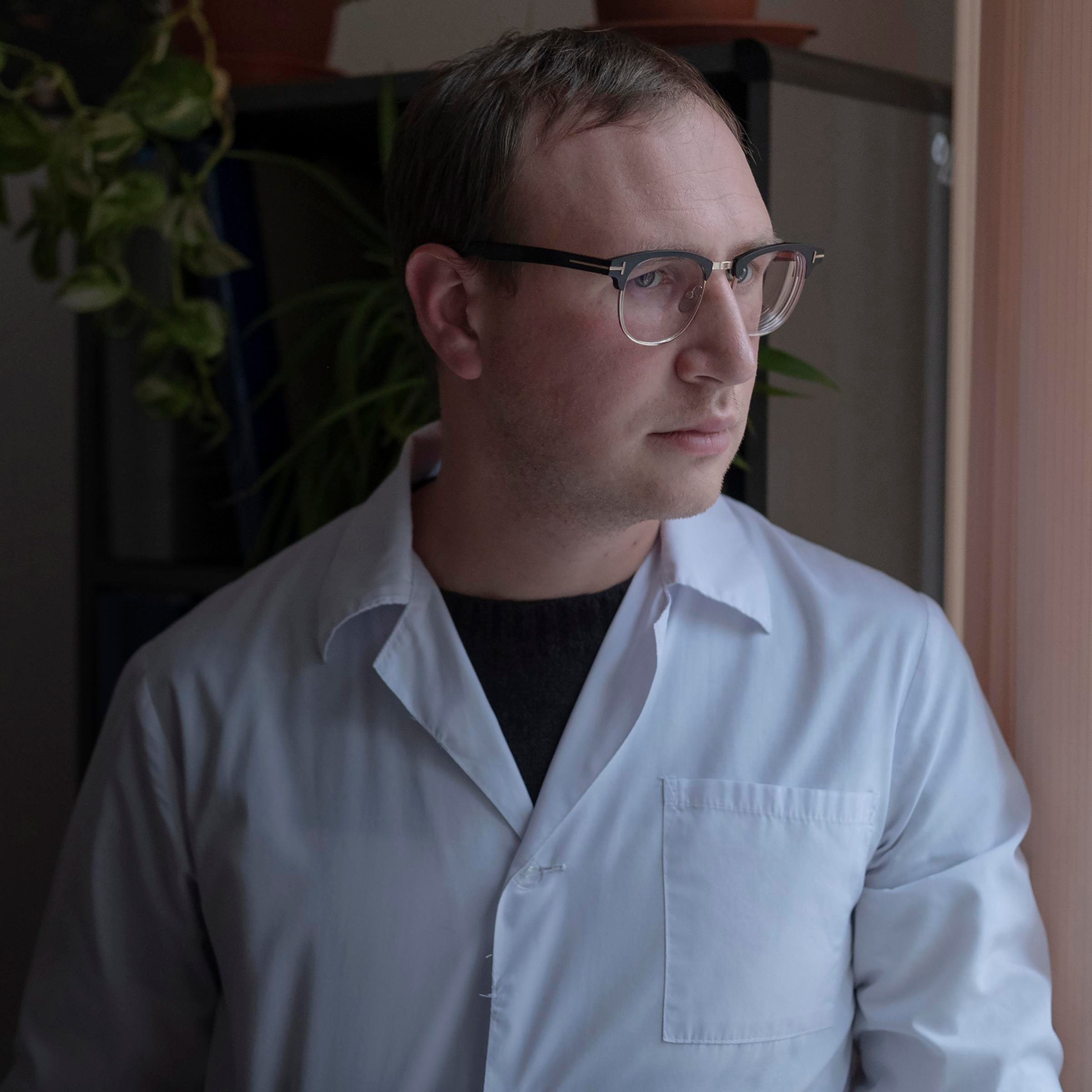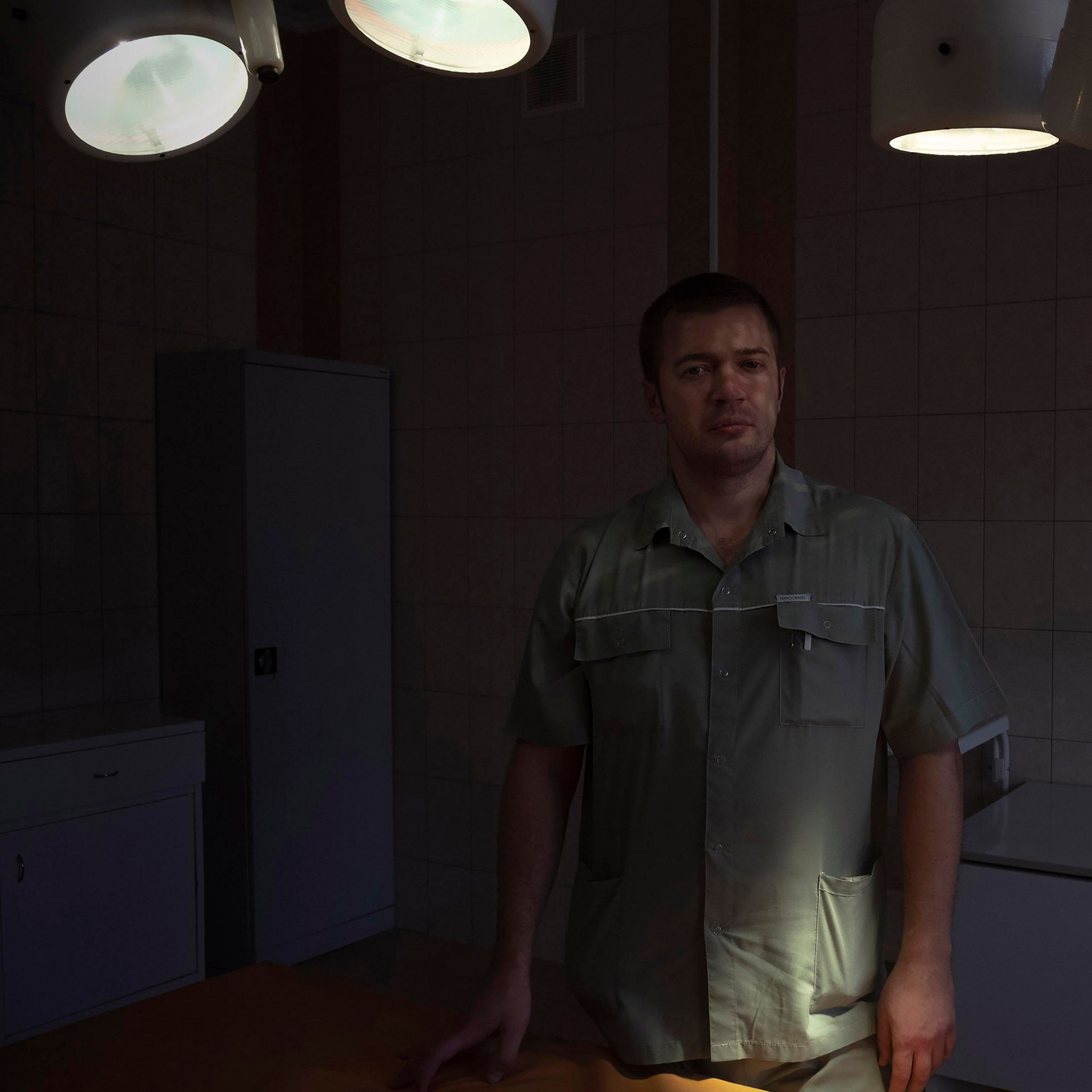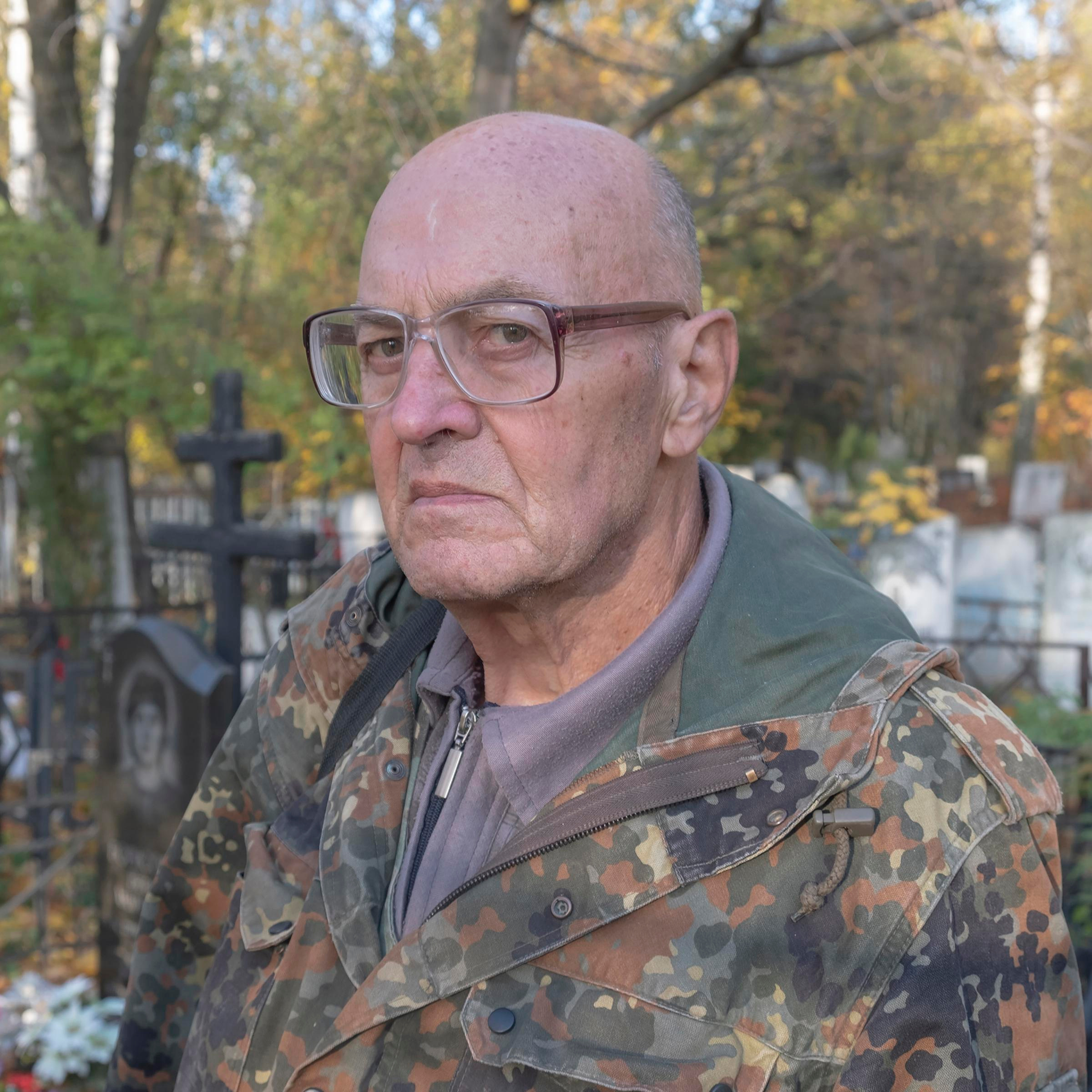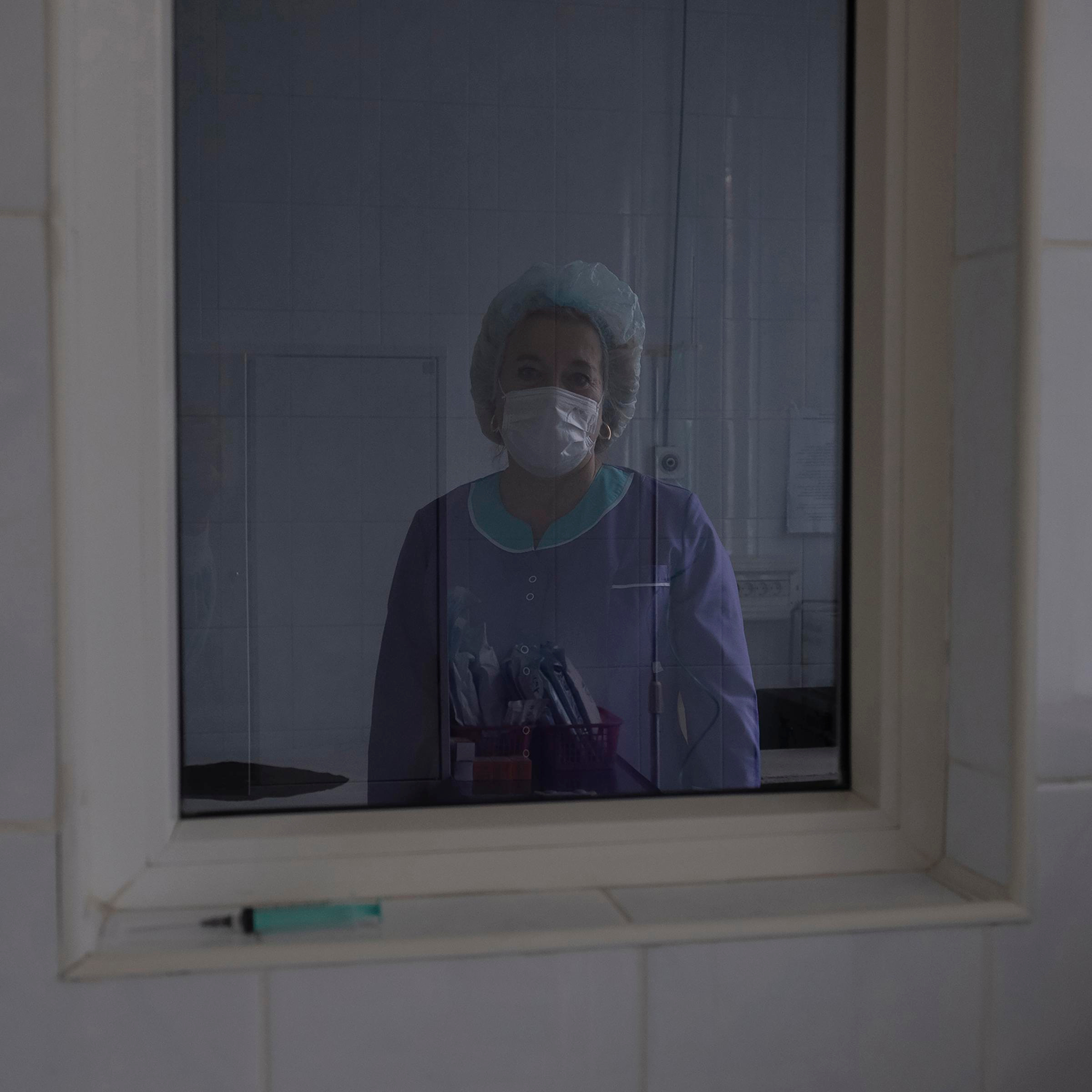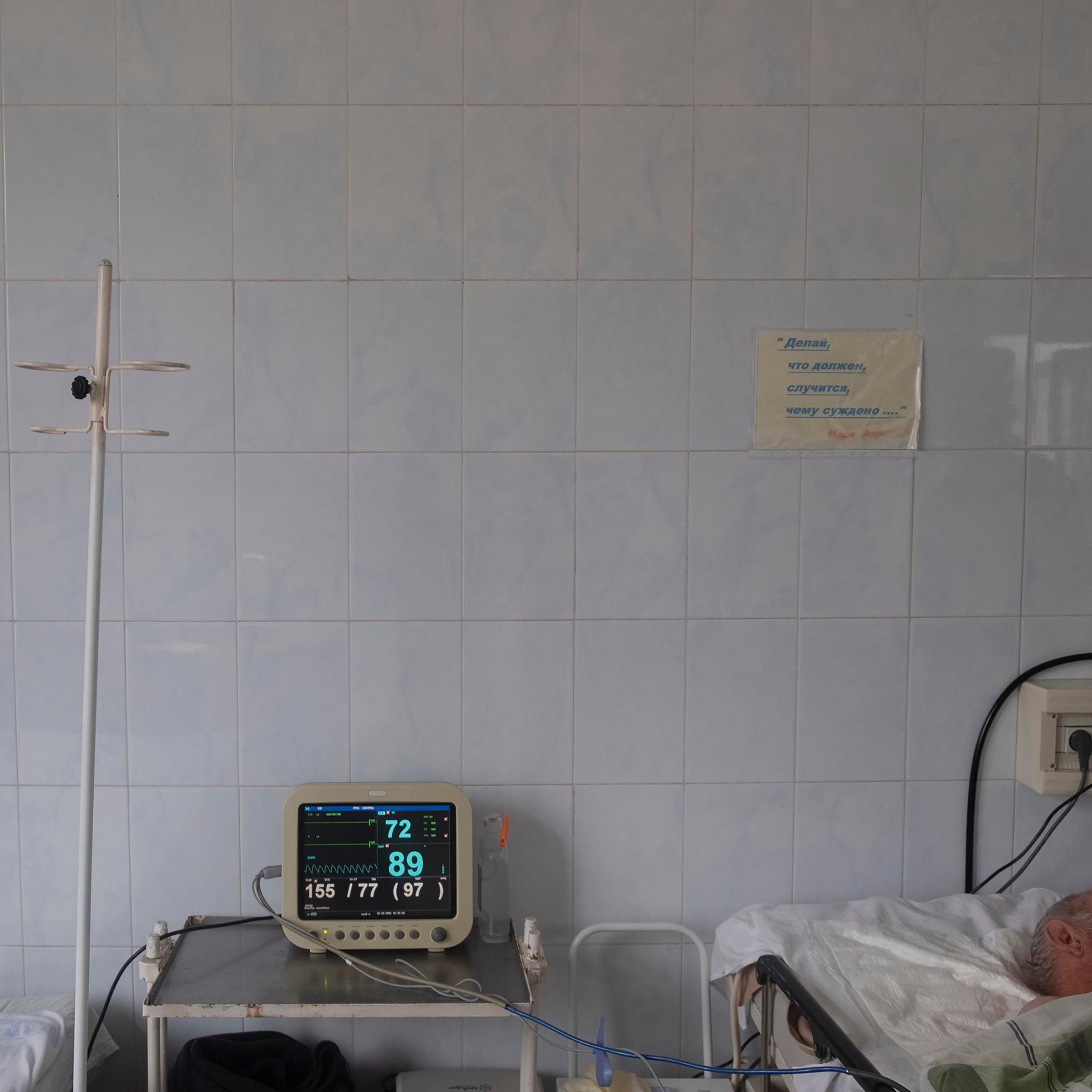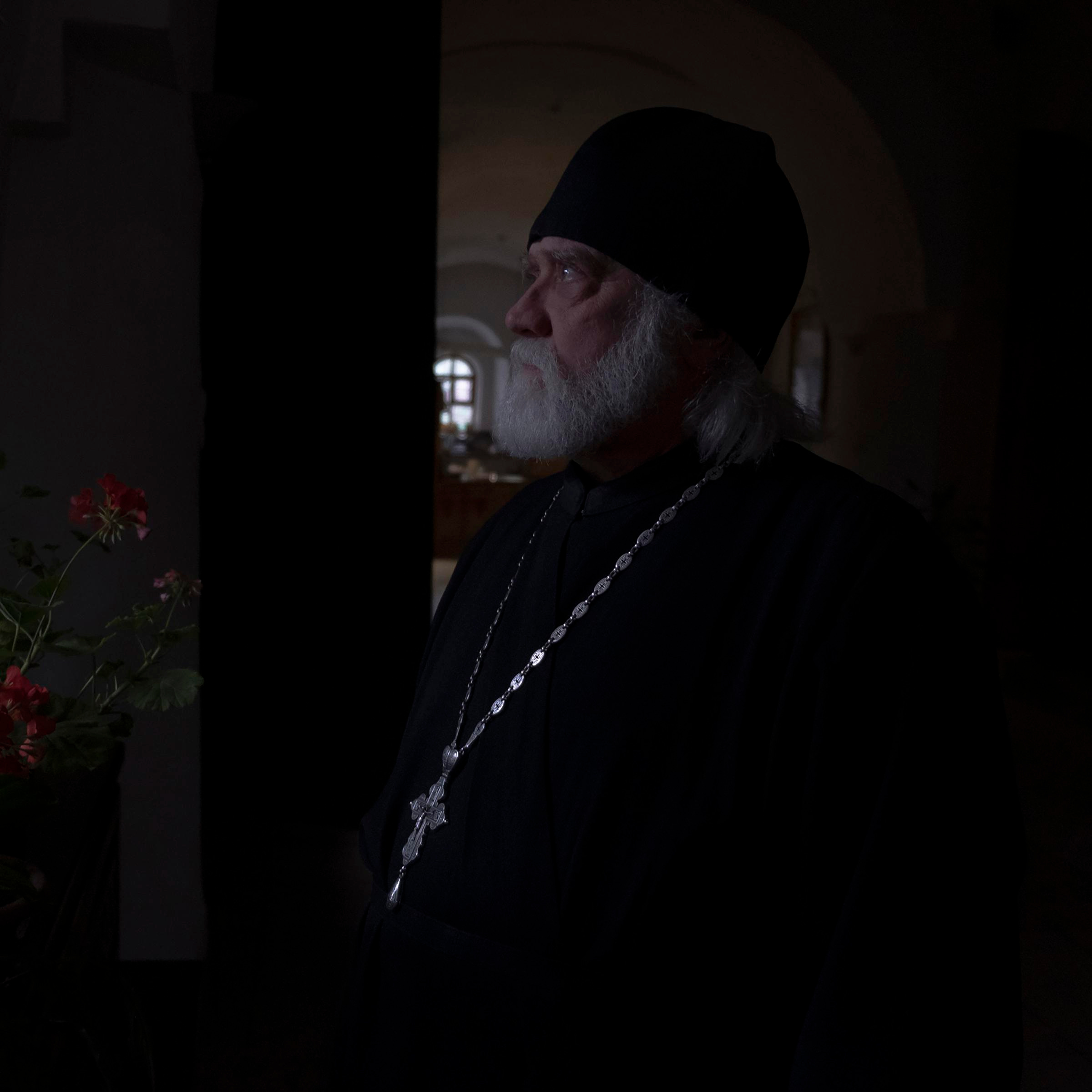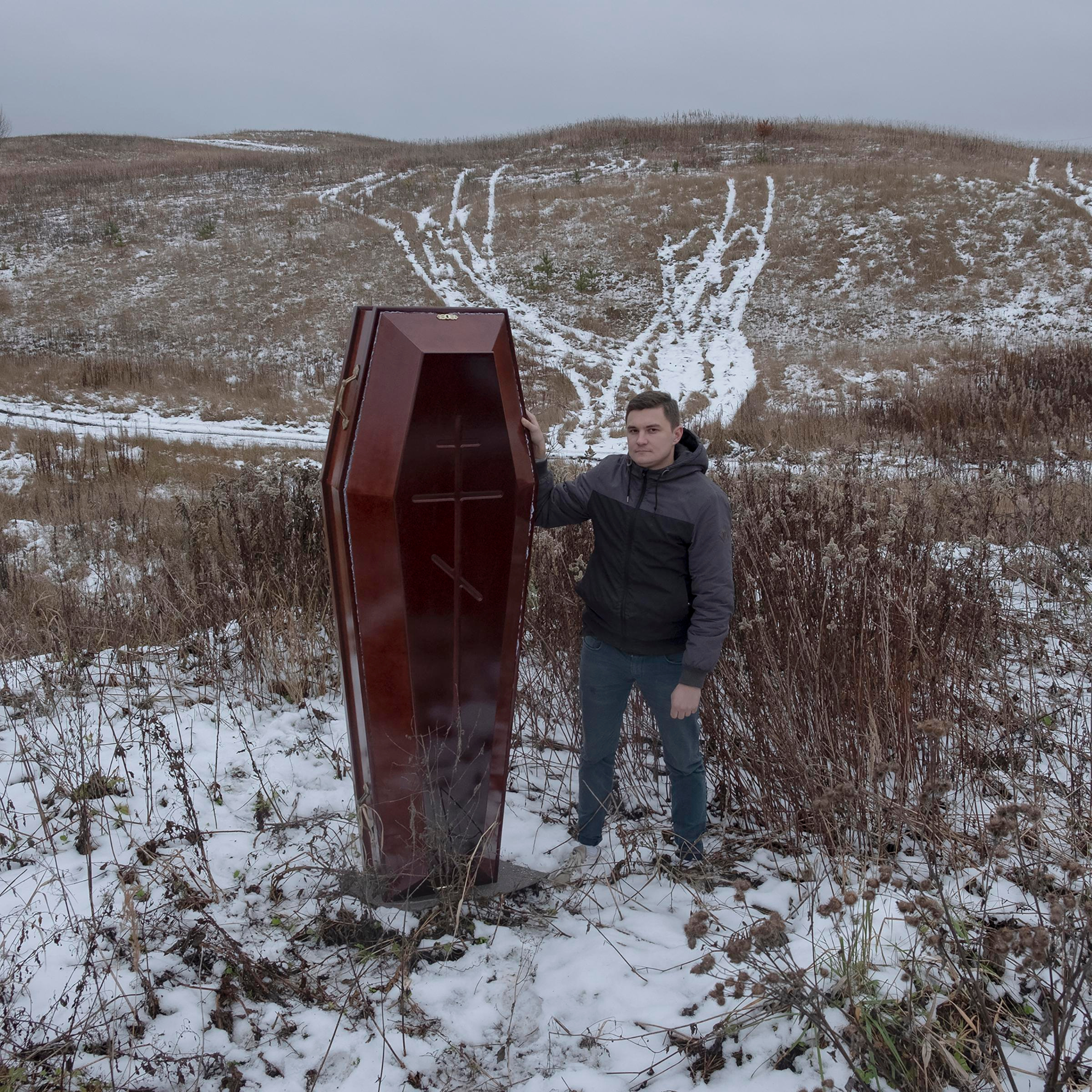Death.
In Era of hypothetically coming digital immortality world progresses faster and needs more awareness for improving the quality of life.
According to the UN, it is expected that the world's population will exceed 8 billion, but for several questions humanity has no answers.
Modern human lives in the age of technology, a lot of information, consumption and stress. People become more open to dialogues for more comfortable existence and yearn for more perceived being, despite this due to ethical stereotypes, not all questions are discussed actively.
Stigmatization and silence on death create myths around it and increase tension in the society. This topic isn't discussed very often, until people face it in their environment. People have number of questions after that, which cause them more stress, than people who have experience in communicating on such topics.
Human is almost always bind to past. Suffering is related to bygone time, when death appears. You have to move forward but mourning individual doesn’t know how because, he has faced it for the first time.
It happened because there is no conversations about the impending death of your loved ones. Person blocks thoughts about it because of negative nature of this idea itself. Drawing an analogy with an athlete, we can say about his training: this is a complex process that requires a lot of time and effort. It is it what helps to cope with the load during the competition.
But first of all you have to start with yourself. If we don’t think about our own death, then it will be difficult for us to talk about the death of other people since we don’t imagine ourselves in their places.
To create conditions that will contribute to a comfortable perception of the topic, communication between specialists and society is necessary. Individuals whose occupation is connected to death work with its different states and processes. Death is daily experience among them, so dialogues about dying become normal enough.
